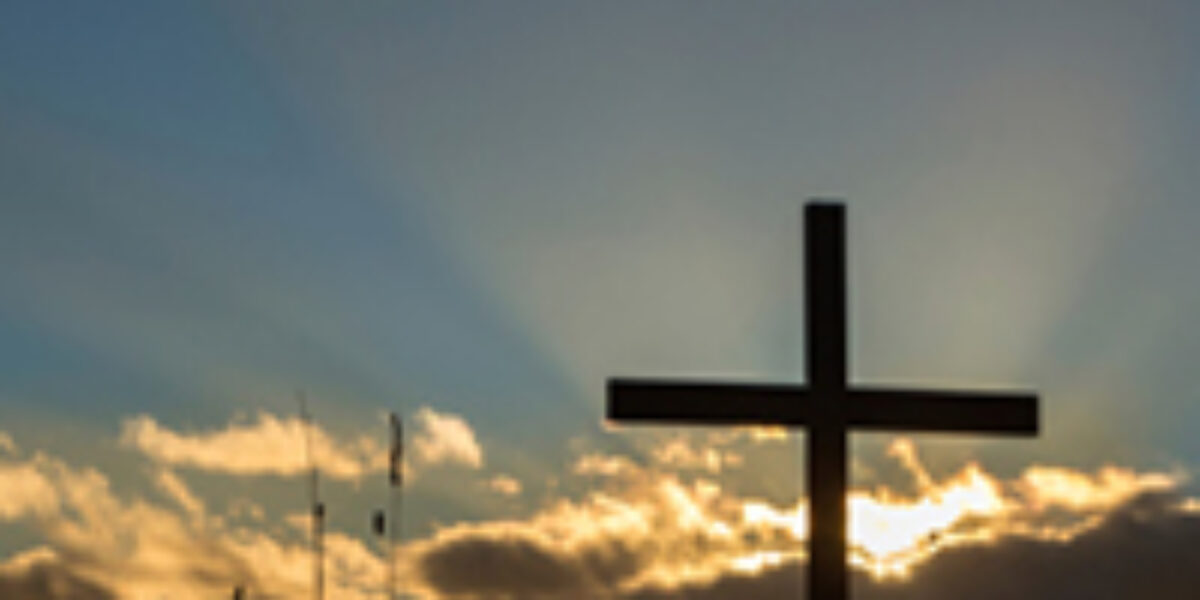Easter is more than just a day. It is an entire season, called the “Great Sunday,” that coincides with two Jewish holidays. Read more about the season of Easter.
Pesach (Passover) and Shavuot (Pentecost) are two great festivals observed by the Jewish people in the spring. Pesach occurs at the first full moon after the vernal (spring) equinox. In Israel, it also occurs when the barley harvest begins. Shavuot is fifty days later at the time of the wheat harvest. Both festivals recall two key events in Israel’s history – Pesach, when God delivered the Israelites from bondage in Egypt, and Shavuot, when God gave Moses the Law on Mount Sinai and initiated a covenant with the people of Israel.
For even Christ our passover is sacrificed for us.
(1 Corinthians 5:7, KJV)
For Christians, the Easter season is one of fifty days, beginning with the Passover that the apostle Paul mentions in 1 Corinthians 5:7, and concluding with the coming of the Holy Spirit on Shavuot (Pentecost). Fifty represents a week of weeks (7 x 7) plus a day, a symbol of eternity. The 50-day Easter season is considered one long “Lord’s Day,” or the “Great Sunday.” The apostle Paul admonishes followers of Christ “to keep the feast, not with old leaven, neither with the leaven of malice and wickedness; but with the unleavened bread of sincerity and truth” (1 Corinthians 5:8, KJV).
With Christ’s resurrection, there is the invitation to the wedding feast of the Lamb (Revelation 19:9). Easter is celebrating Christ risen and Christ among us. The renewal of the earth, with the transition from winter to spring, and from the season of Lent to the season of Easter, invites followers of Christ to break the paschal fast and celebrate the paschal feast.
Eggs, symbolic of life, are dyed various colors and served on Easter Sunday at breakfast. The paschal feast begins with the eggs being passed around and then cracked against each other while participants say: Christ is risen! Christ is risen indeed! Alleluia!
Blessed Easter!




